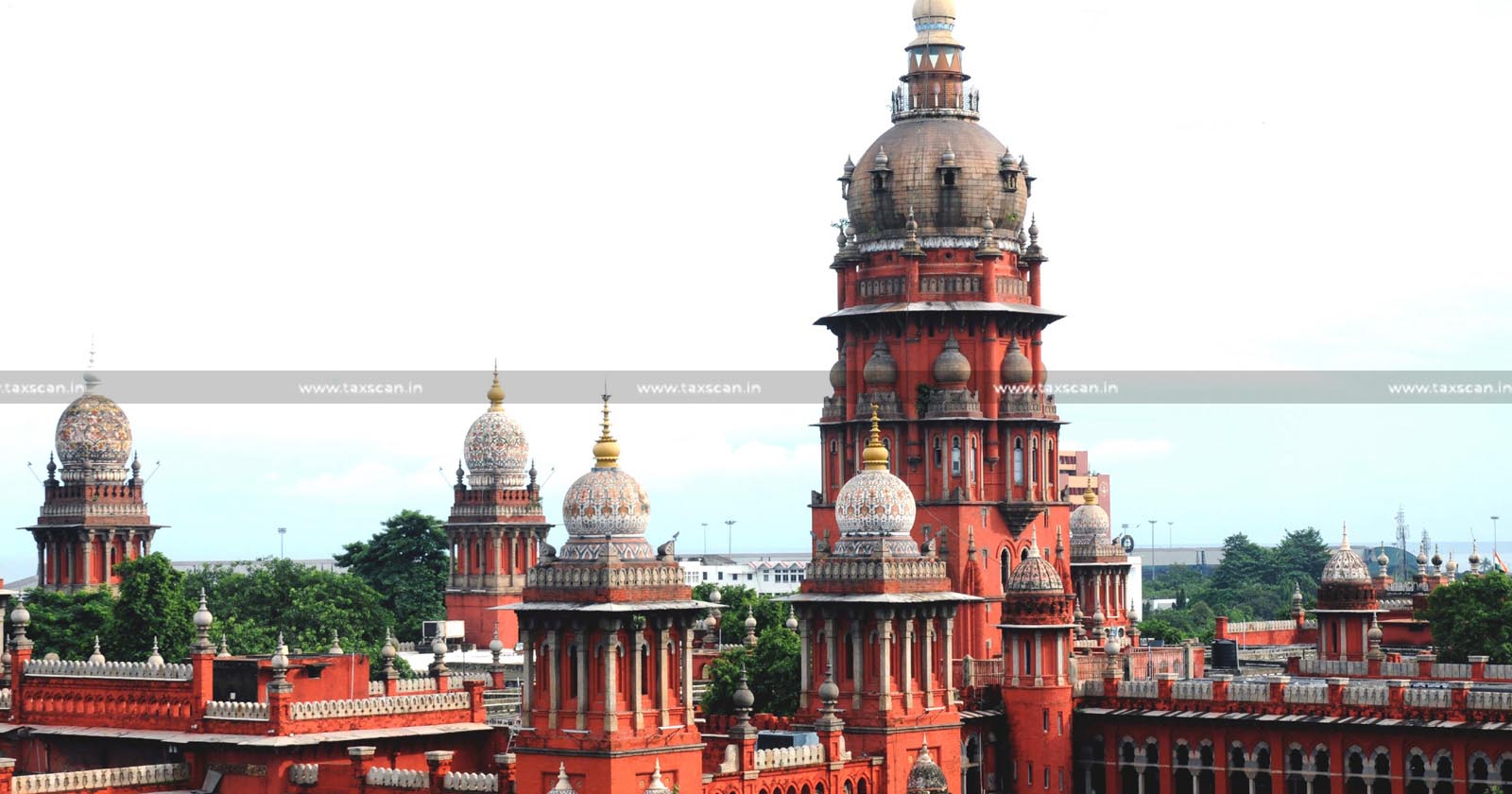Entities Claiming Charitable Status under GPU cannot Exceed 20% of Gross Receipts from Commercial Activities: Madras HC [Read Order]
Considering the entity claiming charitable status under GPU exceeded 20% of gross receipts from commercial activities, the Madras HC remanded matter to AO for computation of income

Madras HC – Madras High Court – Charitable Status – GPU – general public utility – Claiming Charitable Status – taxscan
Madras HC – Madras High Court – Charitable Status – GPU – general public utility – Claiming Charitable Status – taxscan
In a recent ruling, the Madras High Court ruled that entities claiming charitable status under the "general public utility" ( GPU ) category as defined in Section 2(15) of the Income Tax Act, 1961, must make sure that income from commercial activities does not exceed 20% of their gross receipts.
SAE India, the petitioner is a trust engaged in technical education and promotion of mobility engineering through activities such as technical meetings, workshops, and seminars.
The trust claimed an exemption under Section 2(15) of the Income Tax Act citing that its activities qualified as a "charitable purpose." The Deputy Commissioner of Income Tax challenged the claim stating the activities of the trust were in the nature of trade, commerce, or business.
Get a Copy of Direct Taxes Law and Practices Including Tax Planning with Free E-Book Access, Click Here
The Chennai bench of the Income Tax Appellate Tribunal (ITAT) reviewed the matter and ruled that the trust’s activities fell under the last limb of Section 2(15) which related to objects of general public utility.
The tribunal determined that the trust’s activities, including conducting paid workshops, training sessions, and conferences, constituted trade, commerce, or business.
The tribunal found that the gross receipts from these activities exceeded 20% of the total income violating the proviso to Section 2(15) of the Income Tax Act, 1961 (which imposes limits on commercial receipts for charitable organizations).
Get a Copy of Direct Taxes Law and Practices Including Tax Planning with Free E-Book Access, Click Here
The tribunal rejected the petitioner's method of computing income stating that gross receipts must be considered for the threshold, not net income. The tribunal remanded the case back to the assessing officer for verification of financial statements and computation of income.
The petitioner filed an Appeal before the High Court challenging the ITAT's order. The Bench comprising Justice R. Suresh Kumar and Justice C. Saravanan upheld the ITAT's findings ruling that the tribunal's conclusions on factual matters were final unless a substantial question of law arose.
Get a Copy of Direct Taxes Law and Practices Including Tax Planning with Free E-Book Access, Click Here
The court dismissed the appeal upholding the ITAT findings. The court remanded the matter back to the assessing officer for further examination and no costs were awarded in the judgment.
To Read the full text of the Order CLICK HERE
Support our journalism by subscribing to Taxscan premium. Follow us on Telegram for quick updates


